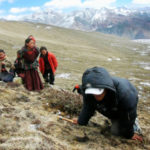Extremely rare and distributed along the alpine region of the Himalayas at an elevation of more than 4000m, Yarsagumba (Cordyceps or Ophiocordyceps Sinensis) is one of the most highly potential medicinal mushrooms in the world.
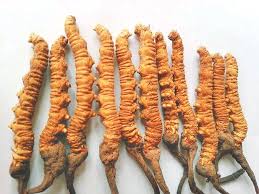
What is Yarsagumba?
“Yarsagumba is known to science as Ophiocordyceps sinensis. In Chinese, it is called Dong cong xia cao. However, the origins are Tibetan: Yart Swa Gun Bu, which means ‘herb in the summer and insect in the winter’.
Yarsa is a kind of Yellow caterpillar (Lepidoptera)-fungus combination. Before the rainy season, the fungus infects caterpillar larvae living in the grassy soil. When it finally attacks the head, the larvae die. The stalks of the fungus then propagate in the head, growing 2-3 inches long and becoming brown in color. The taste is of mushroom, flavorsome, sweet and neutral in nature. It can be eaten plain or powdered, mixed with milk or water.”
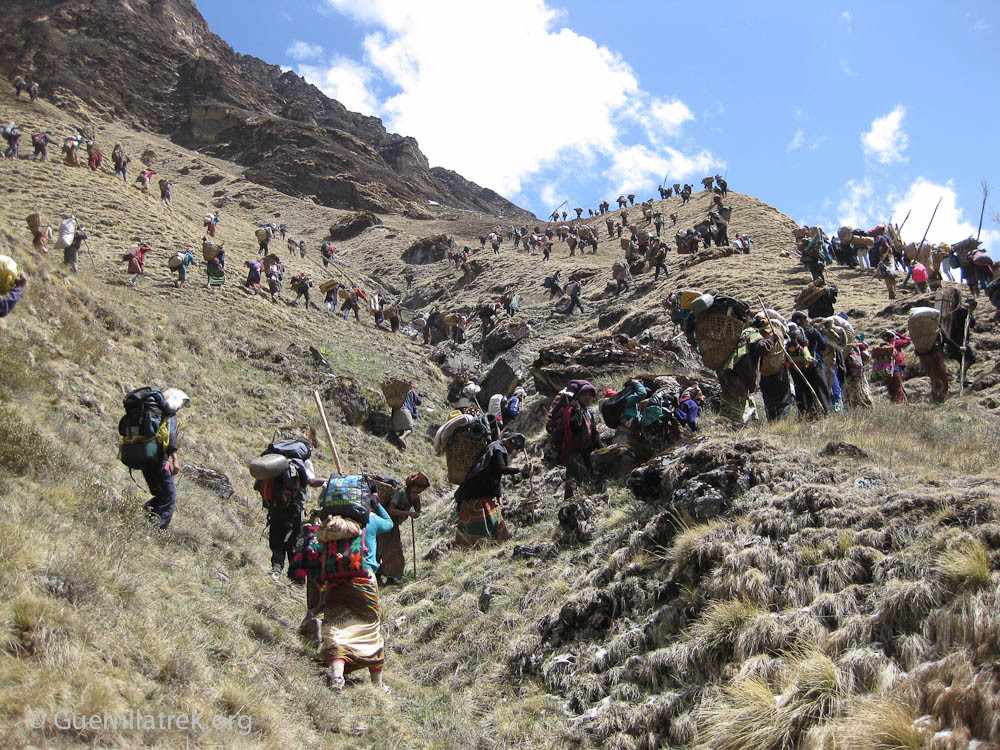
As the snow melts in the Himalayas, villagers from the far west of Nepal trek up the Himalayas, where they stay for almost two months, battling the cold environment just for these mushroom. This unusual mushroom, Yarsagumba, has a lot of health benefits. In the ancient times, it is said to have been taken as a potent tonic by kings and noblemen. In Chinese traditional medicine, it is said to be a cure for all types of illness.
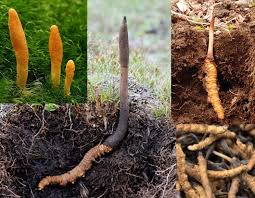
Moreover, Yarsagumba is believed to be a powerful aphrodisiac, which is beneficial for weak libidos, giving it the name “The Himalayan Viagra”. Back in the time, when yaks and goats were taken to graze in the high grasslands, the animals consumed Yarsagumba and became fresh, pursuing the opposite sex with a renewed potency. This struck the people’s mind, and later they tasted it to experience more energy, less fatigue, and a boosted libido.
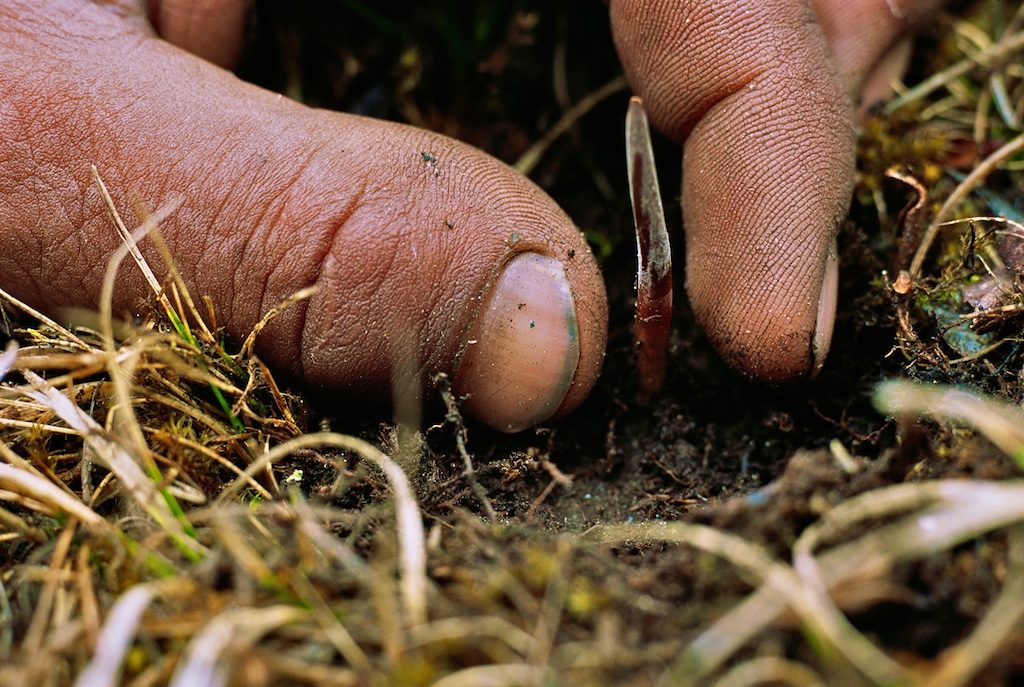
Seen as a cure for impotence, Yarsagumba’s price in the market is really high. In the International market, its price is worth more than gold. Yarsagumba wasn’t sold for cheap back in the old days too. Travelers noted that, in 1890, rotten specimens cost four times their weight in silver. In 1990, Yarsagumba cost $700/kilo in the Chinese wholesale market.
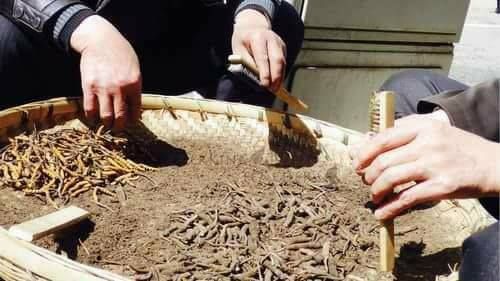
With the rise of demand in the market, many people have made it an option for their income. A family can easily earn as much as Rs 6,00,000 during the harvesting season.
Use of Yarsagumba in the West is not centuries old but more of recent times. It came to the spotlight when the legendary Chinese coach Ma Junren stated that this particular herb was the secret behind the fabulous world records that his runners had made in the 1900s.

